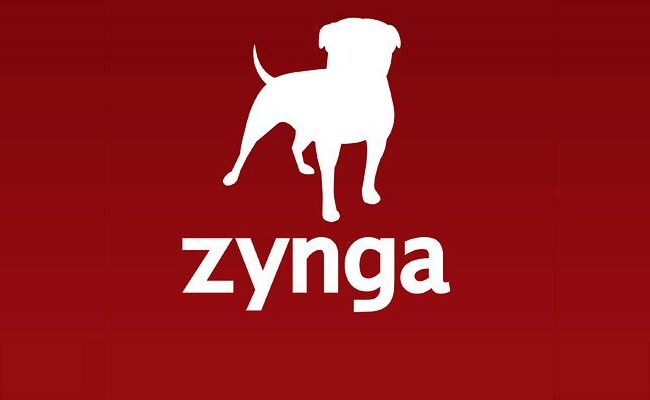While it’s true that Zynga definitely doesn’t come up with original games, I would like to provide a counterpoint to all of the negativity surrounding the company: it’s doing nothing new, it’s doing nothing illegal, and it won’t be found guilty in EA’s claims because of this. And, while creativity is the much preferred method of progress in video game genres, taking a game’s basics and using them to create a new game is also a significant contributor to the market.
Wolfenstein 3D was released in May 1992, and while it wasn’t the first game in the FPS genre, it certainly made the genre popular and set a foundation for games to copy from that point on. Yes, copy. Not inspire, copy. If Wolfenstein 3D decided to sue any game that imitated its UI and presentation technique, we would be missing a whole chunk of games from the past two decades and a slew of gamers that would have never been attracted to the medium without them. While it would be better to develop your own game and game ideas, this kind of copying ultimately leads to a more diversified genre of games–and both the original game and the copy reap the benefits of an expanded genre fanbase.
Now, that’s simply an argument for why EA shouldn’t be suing Zynga. But does it have a case in the first place? Ultimately, similarity is not the same as stealing, and copying game ideas is not the same as copying a game’s content. Copyright infringement is applicable to games–but not to the concepts behind them. Game characters, game graphics, game scripts, and the coding behind games are all properties that can literally be stolen–and therefore, something that EA could rightfully sue a company for using. However, we are not seeing Zynga do any of these things. They are virtually crime-free, even though we instinctively see the similarities between many of its games and pre-existing games made by smaller companies.
Since Zynga does not use any of EA’s physical properties (the coding, the graphics, the characters), and only borrows off of their concepts, there’s very little EA can sue them for. At best, they can make the arguement that Zynga is intentionally confusing customers into using their service, rather than the ones owned by EA–however, the graphic differences, the different logos and titles, and the additional features that Zynga adds prevents would-be gamers from confusing the two. Since Zynga is not purporting to be SimCity (or any of the other games that they have stolen ideas from), and since it is not giving an initial presentation that could be confused with the other games, there is no room to hold a case against them. It’s true that Zynga has attempted to directly steal customers in the past (the case with Mob Wars and Mafia Wars comes to mind), but the company seems to have learned from that mistake. It is evident in EA’s case that they are hoping that the judge is confused about how copyright is applied to games–since they only cite Copyright Infringement, with no other claim listed.
Of course, original ideas are what keep gaming alive and interesting. However, when knock-offs and rip-offs appear, that doesn’t mean it’s time to be alarmed at the state of the gaming industry or worried about the original creators being buried. Idea-stealing has been around since before the digital era, and it will be around much longer–but how often do we hear about the published fanfictions of Sherlock Holmes or Alice in Wonderland, published alongside the originals on bookshelves? The originals persevere much longer than their copies.
As long as customers and gamers are not actively being deceived, and as long as game elements are not directly ripped from the games, the game is not stolen. Allowing game companies to use the ideas of others ultimately brings diversity to a genre—and while that can eventually get out of hand (I’m looking at you, FPS genre), there is no situation that involves just a game idea that calls for a company to sue its competitors. This is simply another stunt from EA to keep a monopoly on what has proved to be a very successful idea.


I agree with everything in this article.
That said, I’m still rooting for EA in this case. In fact, Zynga’s offices should be burned to the ground. Zynga are nothing more than filthy scum in the gaming industry.
both ea and zynga are filthy scum in the gaming industry !